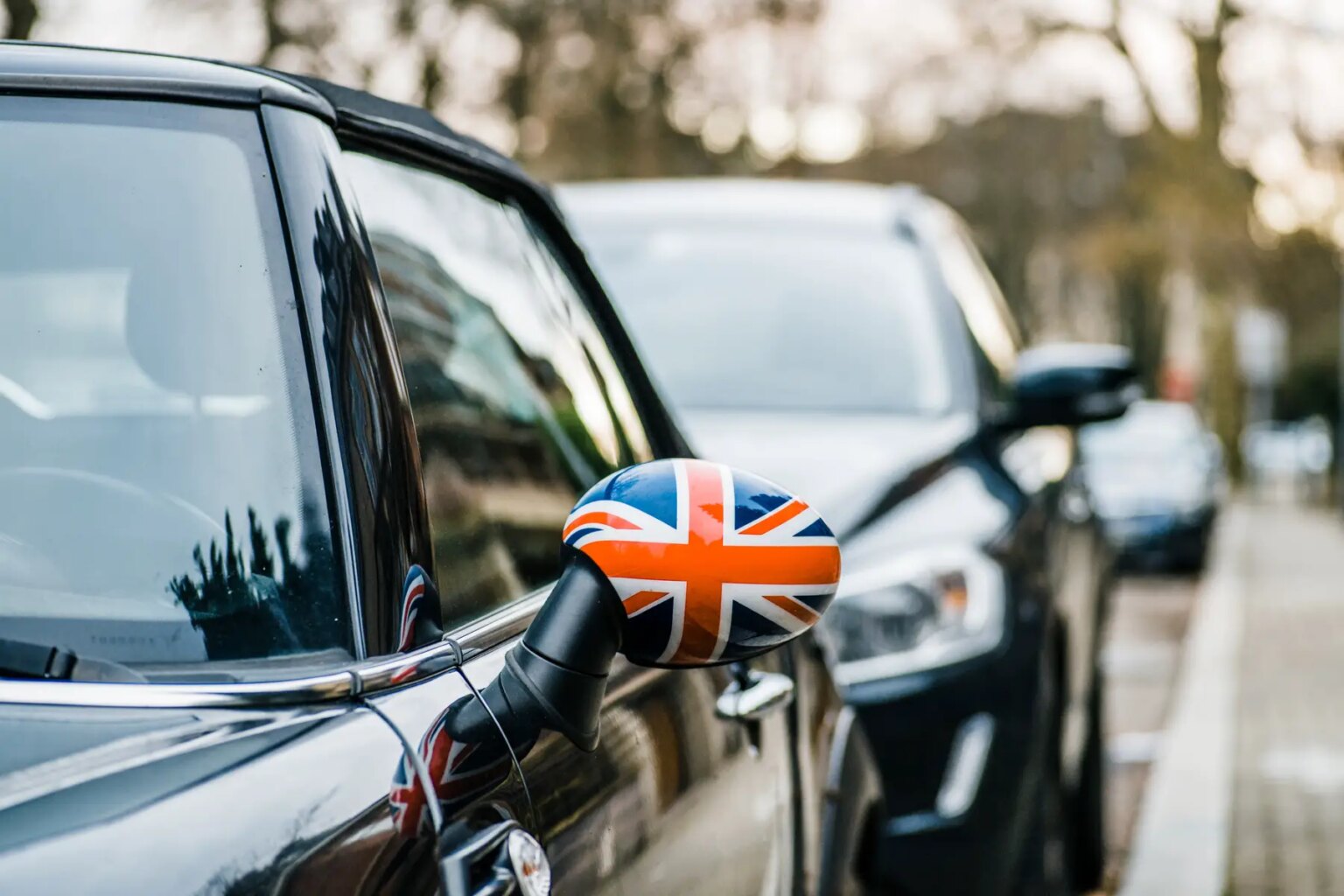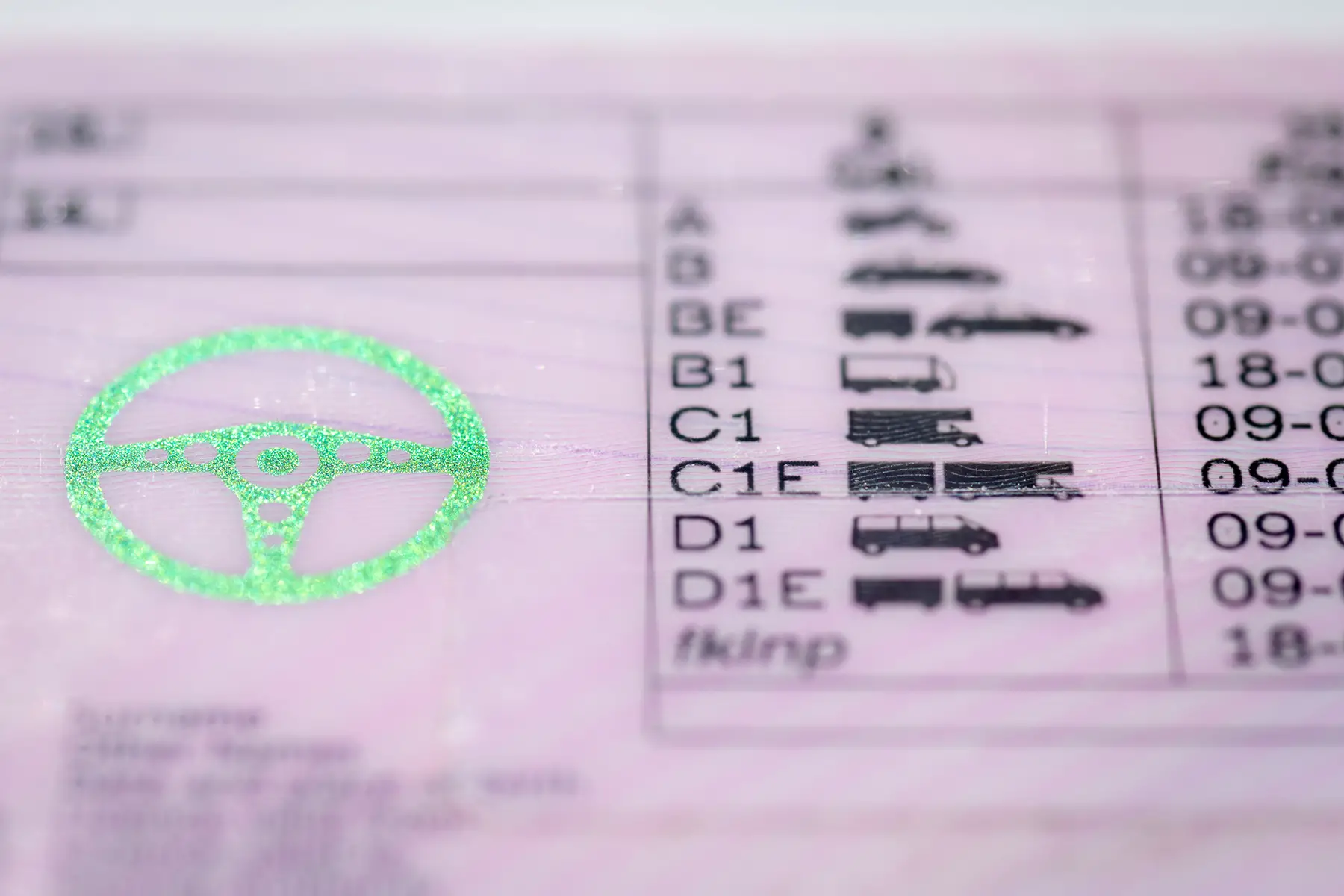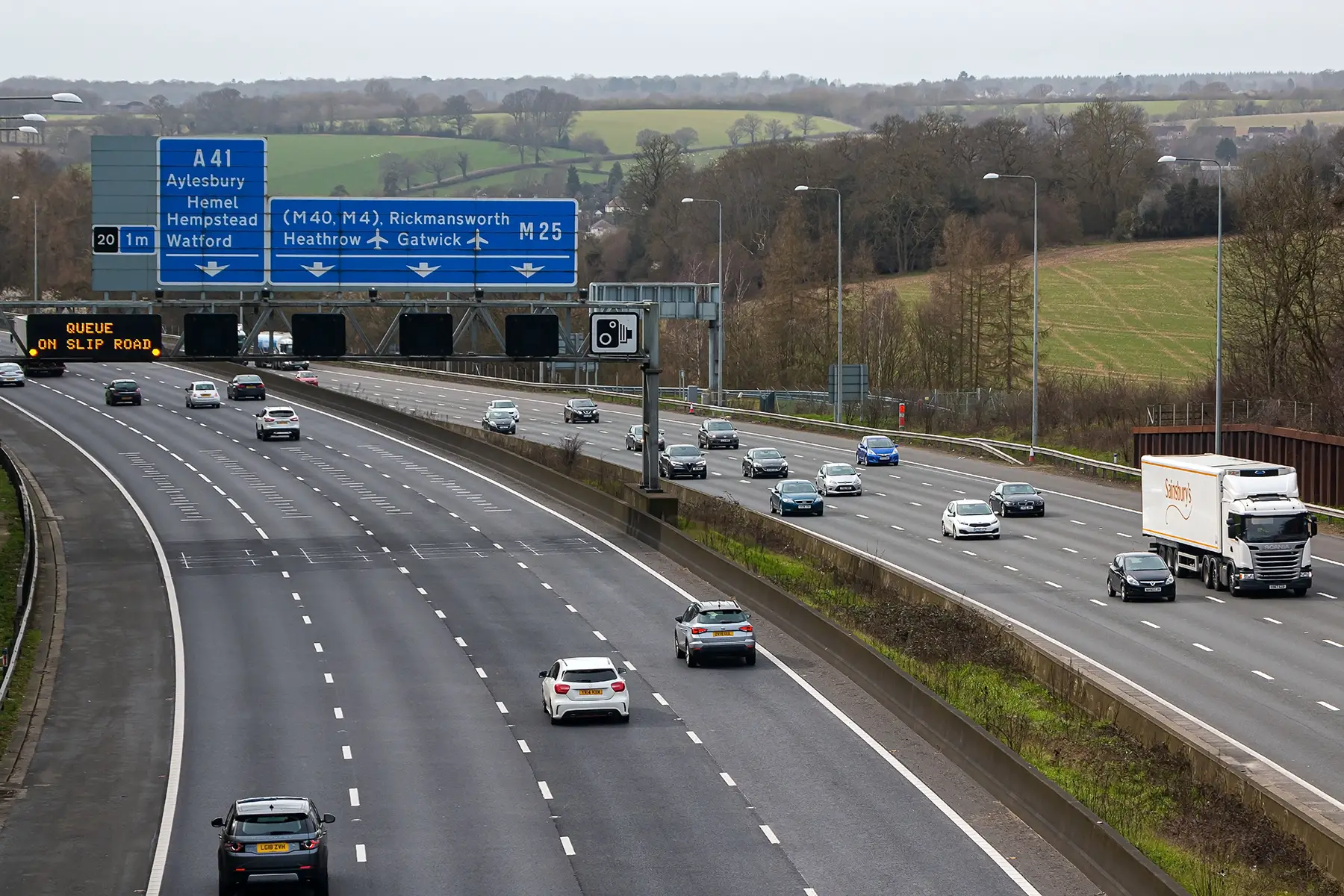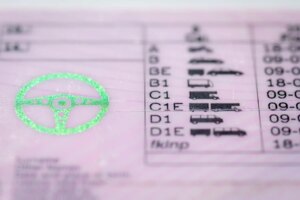If you are thinking about buying a car, there’s a lot to consider. Should you buy new or pre-owned? Should you buy from a car dealer, broker, or private seller?
Luckily, this article on buying a car and driving in the UK explains all the regulations involved and how to get the best deal on a new or used model. Here you will find essential information on:
- Buying a car in the UK
- Who can buy a car in the UK?
- Buying a new car in the UK
- Where to buy a new car in the UK
- Buying a used car in the UK
- Where to buy a used car in the UK
- Registering a car in the UK
- Car costs in the UK
- Importing a car into the UK
- Selling a car in the UK
- Necessary equipment for your car in the UK
- Useful resources
Expatcar
Struggling to get car financing in the UK? Expatcar is a one-stop solution that can help you obtain financing (HP/PCP/Lease) and locate a suitable vehicle from their wide range of cars in stock. Expatcar also deals with registration and UK road tax on your behalf and can offer advice on insurance.
Buying a car in the UK
It is fair to say that Brits love their cars and there’s no sign that the love affair is waning. In fact, there are more cars on UK roads now than ever before. Indeed, at the end of 2021, there were 32.7 million cars licensed for use, with an average of 1.2 cars per household.
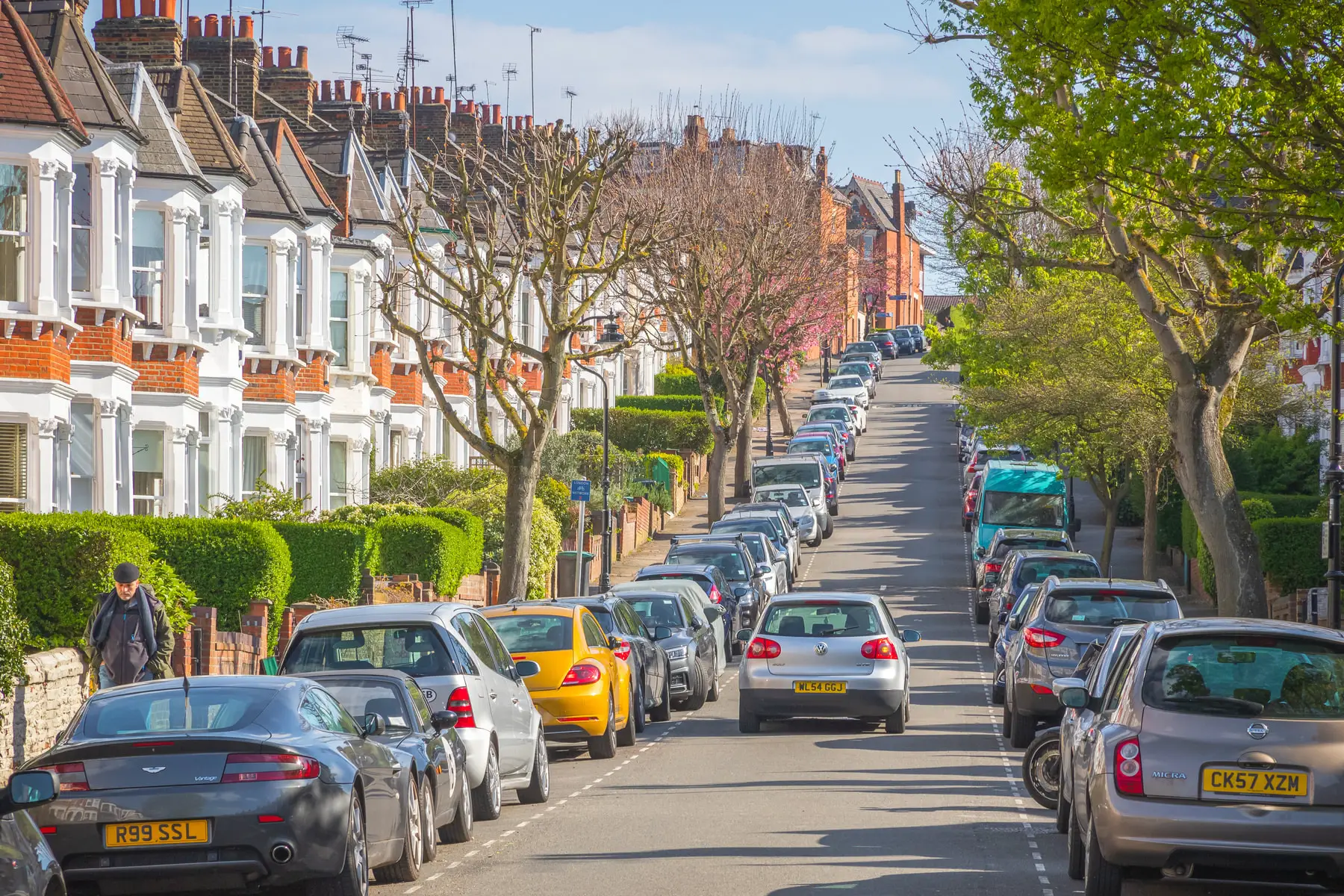
That said, the COVID-19 pandemic has reduced the demand for cars due to lockdowns, travel restrictions, and working from home directives. In fact, the Society of Motor Manufacturers and Traders (SMMT) reported that sales were down 28.7% in 2021 compared to pre-pandemic levels. However, with 1.65 million new cars sold annually, the UK is still the third-largest market for new cars in Europe.
Who can buy a car in the UK?
Buying a car in the UK should pose no problems so long as you can provide a home address. Furthermore, there are no residency requirements for foreign nationals who wish to purchase a vehicle in the UK. You will, however, need a UK address to register, tax, and insure a car. And the legal driving age in the UK is 17.
Buying a new car in the UK
Although most British households have at least one car, some find car ownership an unnecessary expense. For instance, if you live in one of the major cities, then you may find that public transport can meet all your needs. After all, you can quickly hire a car for the occasional trip to the country or coast. Moreover, parking in towns and cities can also be difficult, frustrating, and expensive.
However, if you can’t manage without a car of your own, then you’ll need to decide whether to buy new or, as the British say, secondhand. New cars come with the peace of mind of a long warranty. They are also more likely to feature the latest fuel-saving and safety technology. However, used cars are plentiful in the UK, and nearly-new models can be bought with big discounts from reputable dealers. Moreover, buying a used car can be a faster option to hit the roads, as there can be lengthy waiting lists for some new models.

If you opt to buy new, you will need a valid driving license and car insurance before driving. The main franchise dealer will then take care of all the necessary paperwork; including registering the vehicle, which will require proof of your identity, address, and insurance. The UK Government provides an online guide on the processes you will need to follow.
How to pay for a new car
Dealers will be keen to discuss payment options with you and will offer to arrange the finances. But don’t be rushed into a decision. Your options include using cash or a credit card, a personal loan from a bank, a hire purchase, a personal contract lease, or finance from the car manufacturer or dealer.
It is important to bear in mind that car finance in the UK is a complex market, therefore, it pays to shop around. The independent consumer magazine Which? has a useful guide on negotiating the best finance deals and discounts. It points out that most dealerships are willing to haggle to secure a sale. It also suggests that sometimes, buyers can secure a bigger discount by taking out the dealer’s financial package.
MoneyHelper also provides a guide on the many options and how to shop around to find the best deal. You can also use an online comparison site to sift through the best deals available at the time. Some of the most popular price comparison sites include:
Where to buy a new car in the UK
Car dealerships
According to CarDealer magazine, there were approximately 5,000 franchised car dealerships in the UK at the end of January 2021. So wherever you live in the UK, you will never be far from one. Indeed, it is likely that you will be able to find a number of main dealers close by selling brands such as Ford, Vauxhall, Volkswagen, Kia, and Toyota. For instance, there are 360 Ford dealers alone in the UK. This is helpful when it comes to getting the best price and finance package, as you can play dealers off against each other.
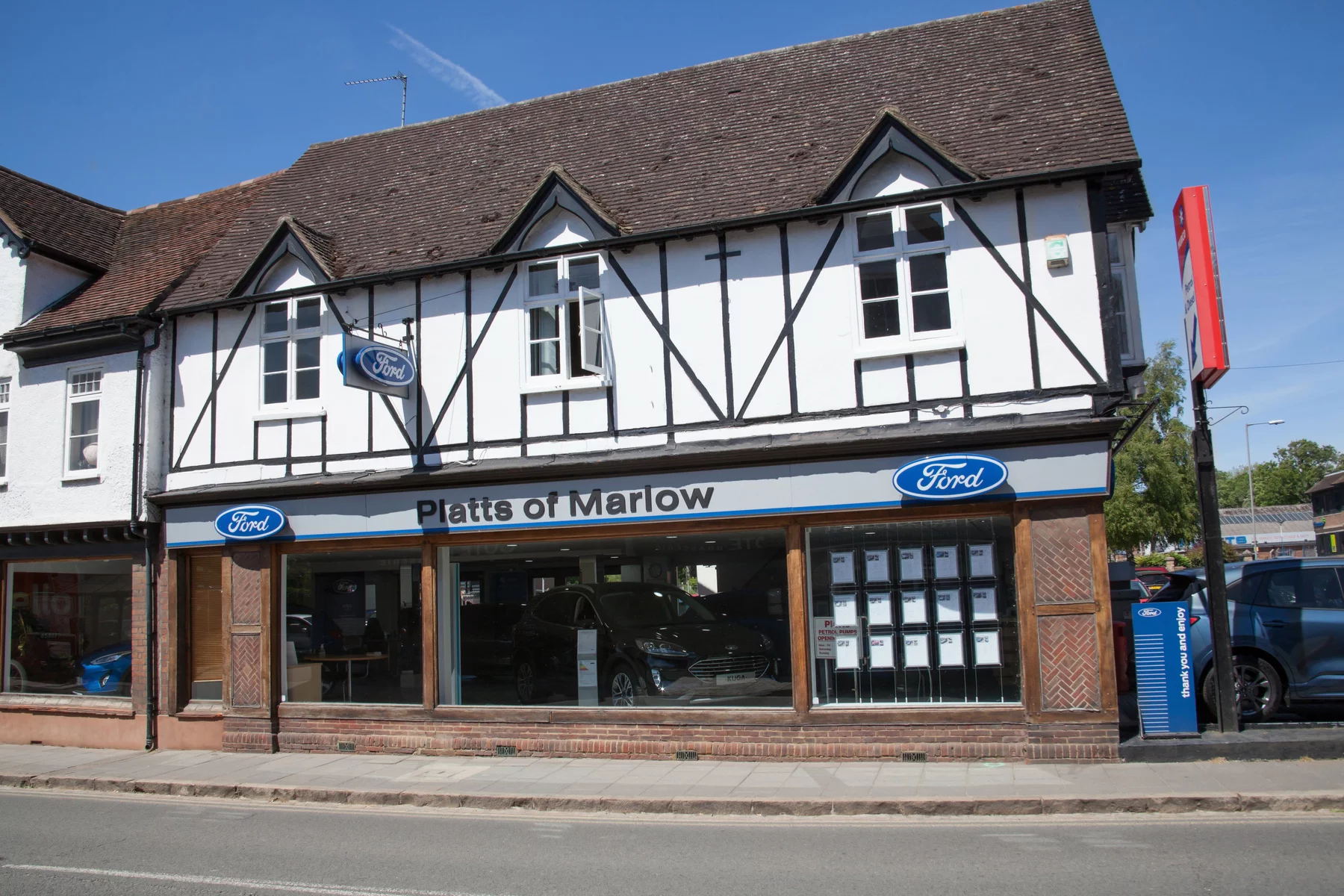
However, even if you want to buy a new car from one of the more obscure manufacturers, you shouldn’t have any difficulty finding a dealership. Furthermore, they are often located in clusters, making it easy to visit a number of franchises in a single trip.
Some of the biggest car dealers in the UK include:
Car brokers
If you want to avoid the hassle of finding and negotiating a deal, you can go to a broker. Auto Express car magazine explains that a good broker can take the legwork out of the process.
In theory, the broker will be an expert in negotiation and should be able to get a big discount. One important thing to be aware of is that you shouldn’t have to pay a broker to source a car. Instead, reputable brokerage firms charge the dealerships a small percentage fee for introducing the customer. Auto Express also warns that the level of service varies, so it’s worth checking what the broker is offering before signing up.
While car brokers are easy to find on the internet, it’s hard to find an independent guide on those that offer the best service. Which? suggests searching the broker online and checking customer experiences on forums such as MoneySavingExpert for details of previous customers’ experiences.
Some of the biggest car brokers in the UK include:
Buying a car online
It is becoming increasingly common in the UK to buy a new car without even leaving your home. Indeed, there are several providers that allow you to choose and order the exact car you want at a good price. These include:
The process will vary depending on the company. For instance, Buyacar offers a phone line, whereas Carwow does not. The latter also operates similar to a large broker where it sources the car for you at a good price, and you pay it rather than the dealer.
Both Carwow and Autoebid are online-only and present the best prices from up and down the country. It is then up to you to close the deal. Meanwhile, some car manufacturers sell directly from their site, which means there isn’t a chance to haggle.

According to The Car Expert, the top 10 websites for buying a new or used car online are:
Buying a used car in the UK
A drive past any car dealer in the UK will reveal that there are plenty of secondhand and nearly-new vehicles available. Indeed, Brits bought approximately six million used cars in the first nine months of 2021, which is close to pre-pandemic levels.
The main factor driving demand for used cars in the UK is price. This is because new cars typically take a 20% hit in depreciation as soon as they leave the showroom. In fact, according to What Car?, new cars can lose as much as two-thirds of the purchase price in as little as three years.
The reliability of used cars has improved in recent years and many are now being sold with years of manufacturer warranty still to run. The car lease comparison tool, Lease Fetcher, provides a helpful guide on the average price of a car in 2021 and highlights the difference between buying new and secondhand. It puts the average cost of a new medium-sized hatchback, such as a VW Golf, at £21,964. Meanwhile, a similar study of used car prices published by CarDealer magazine put the average price paid for secondhand cars at £19,254, and the average for a medium-sized hatchback at £14,418.
If you do decide to buy a used car, a full range of payment options should be available.
Where to buy a used car in the UK
Car dealerships
Which? has published a comprehensive consumer guide to buying a used car. It compares the experience of buying from a manufacturer’s franchised dealer and an independent dealer that specializes in used cars. It also suggests the best models and highlights what to look out for when it comes to avoiding buying a problem car.

There are thousands of dealerships up and down the UK, and these vary in size; from those that sell a handful of cars on a small forecourt to huge national operators with thousands of vehicles. Most dealers offer finance packages and warranties and will ensure that you meet all your legal requirements before driving away.
The Automobile Association (AA) is a long-established membership organization that offers a full range of services to motorists including roadside assistance and vehicle checks. Non-members can find approved dealers where cars have been checked by AA experts to ensure their quality.
CarDealer magazine lists the top 50 used car dealers in the UK, ranked by the vehicles they have in stock. Some of the big names to look out for are:
Buying a car from a private owner
Private sales of cars in the UK are thriving. And according to Auto Express, buyers can benefit from lower prices by buying privately rather than through a dealer. There are also lots of bargains to be had. However, at the same time, the magazine highlights the risks involved. These include having reduced legal protection should things go wrong and the lack of a warranty. That said, buyers can take steps to ensure they are not duped.
You can search the internet and try sites such as eBay or Gumtree to find cars being sold privately. Alternatively, you can seek out well-established specialist magazines such as:
What to check for when buying a car privately
Citizens Advice provides a useful step-by-step guide on how to avoid potential pitfalls when it comes to buying a used car in the UK. For example, carrying out some simple checks will reduce your chances of buying a car that is being sold illegally or one that has had major repairs. And it doesn’t take long or cost much. You can also find out if the current owner still owes money for the car.
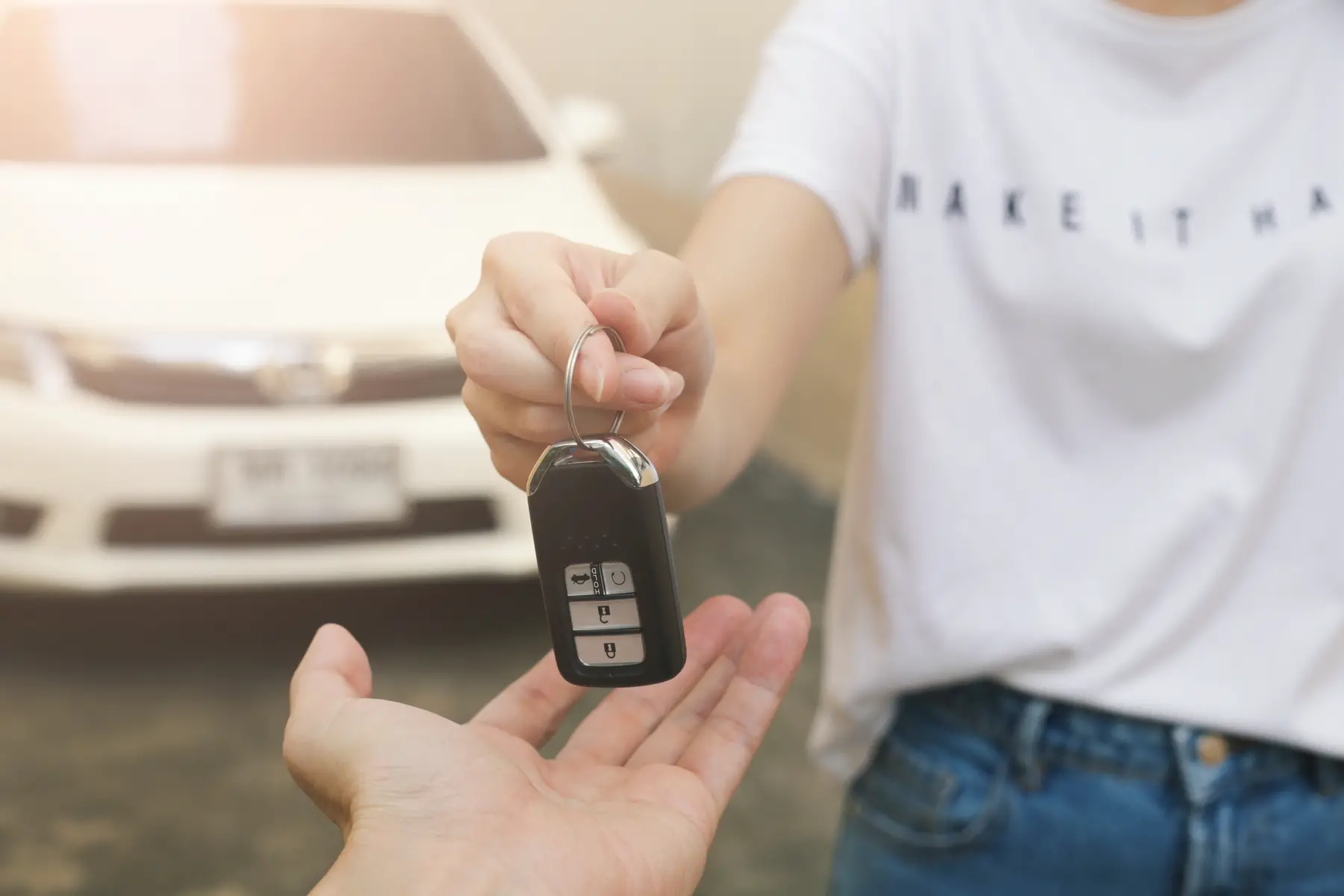
Moreover, you should ask the seller for the car’s registration number (on the number plate), MOT test number, mileage, as well as the make and model. You can then use the DVLA’s free online vehicle information checker to make sure that what the seller tells you matches the DVLA’s records.
It is also important to make sure that you get the original logbook (the V5C registration certificate) and the valid MOT test document for the car. In fact, you should never buy a car without a logbook.
It is also a good idea to get a private history check, which is sometimes called a data check. This will cost up to £20 and will tell you if:
- the car has been reported stolen
- the seller still owes money for the car
- the car has previously been in a serious accident
- it is showing the correct mileage
- the car has been written off, repaired, and then returned to the road
Buying a used car online in the UK
The online sales of used cars soared during the COVID-19 lockdowns in the UK. If you choose to take this route, it is useful to know that a lot of companies offer a service that includes sourcing, finance, and delivery of the car to your home, entirely online.
Fortunately, there are legal protections in place for customers who choose to buy a car online, and the AA has a very useful guide on all the laws that apply to buying and selling a car. Essentially, customers who buy online have the same rights as those who buy from a dealership face to face. It is useful to know that you can cancel from the moment the order is placed until 14 days after the car is delivered. You then have a further 14 days to return the car. You should receive a refund within 14 days of the dealer receiving the car.
Many conventional used car dealerships offer an online-only service. Some specialist online used car operators include:
Registering a car in the UK
All vehicles in the UK must be officially taxed and registered with the Driver Vehicle Licence Agency (DVLA). Dealers should guide you through the processes you must follow in order to get driving. They will also tax and register the vehicle for you, and send the necessary completed forms to the DVLA.
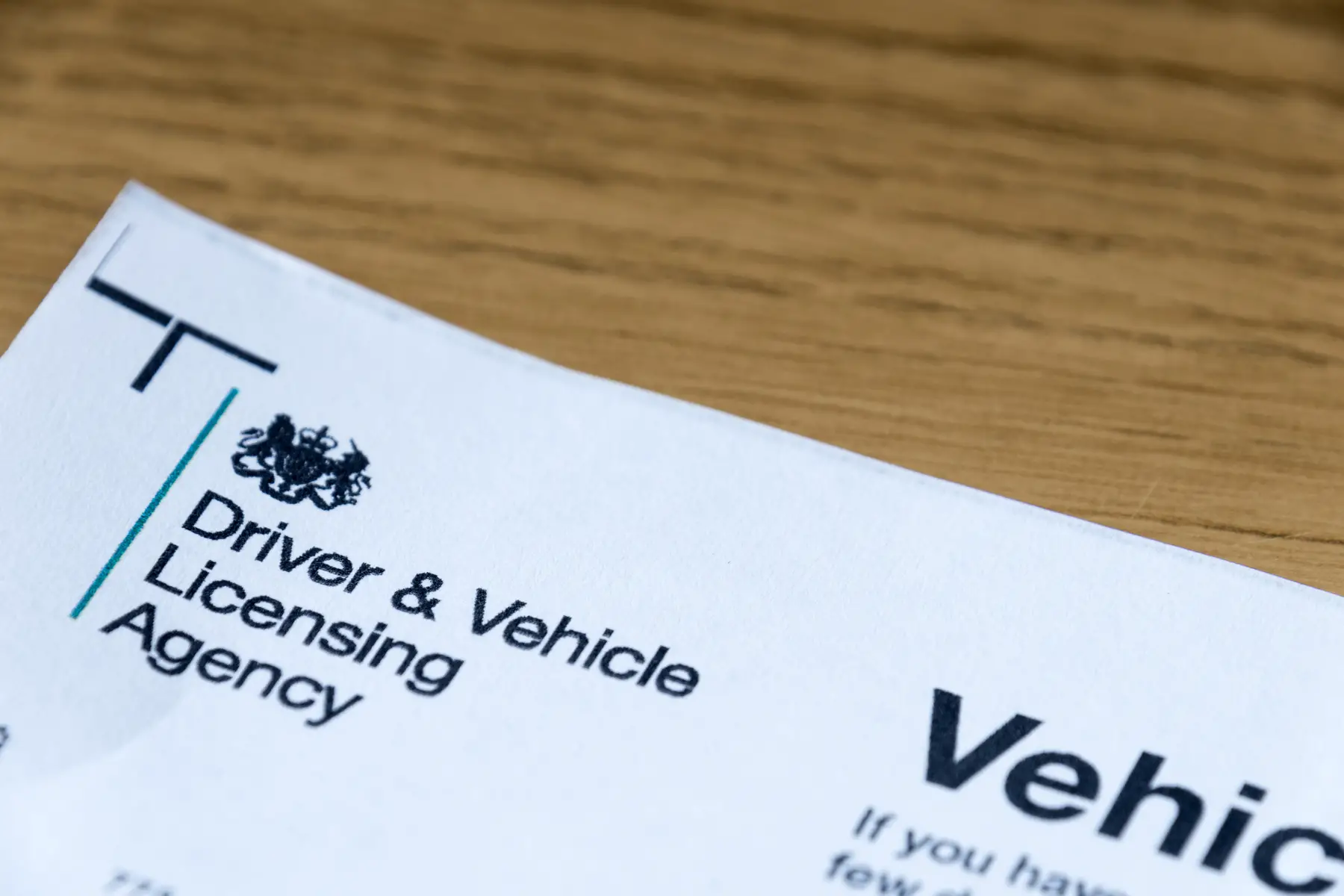
Notably, if you buy a car from a private seller, you will need to do the paperwork yourself. AutoTrader magazine provides a useful guide on all the paperwork required.
Getting an MOT certificate
It is important to be aware that if your car is three years old or more, it will require a Ministry of Transport (MOT) certificate to confirm its roadworthiness. Furthermore, the maximum penalty for driving a car with no valid certificate is a £1,000 fine.
Cars sold by dealers should always come with a valid MOT certificate, but you must renew this annually. Thousands of garages and repair shops are able to issue certificates, and the maximum charge is £54.85; although you will find plenty that offer a better price.
The UK government provides a useful online guide on everything you need to know about buying a used car. Specifically, you should ensure that you have the vehicle’s registration number, make, model, and MOT test number. You also need to see the V5C vehicle registration certificate, which is commonly referred to as the logbook.
To ensure that you buy a safe car and that you meet all the legal requirements, it is a good idea to check that:
- The details you have been given match the DVLA’s information
- You know the vehicle’s MOT status and history
- You know whether the vehicle has been recalled because of a safety issue
- It does not appear in the logbook of stolen vehicles
Car costs in the UK
As in other countries, the costs of having a car in the UK vary substantially depending on its make, model, engine type, and size. Below are some of the main costs that you will need to keep in mind.
Vehicle tax
The UK has a complex taxation system for cars that encourages drivers to buy the most fuel-efficient and least polluting models. Rates are based on the age of the car and CO2 emissions. These vary from £0 to £2,245 in the first year of registration. There is also a levy on cars with a list price of £40,000 or more, which is waived for zero-emissions vehicles.
It is possible to research the applicable tax rate for any vehicle for free at Car Tax Check by entering the registration number. Dealers will also advise the tax payable on a new car. However, you can also check this yourself by using the UK government’s online car tax calculator.
Car insurance
It is important to understand that it is illegal to drive a car in the UK without first getting car insurance. There are three main types of insurance: bare minimum cover for injuries, damage to third parties, and fully comprehensive.
The UK car insurance industry is extensive and well-established and there is intense competition. Therefore, you should always shop around to find the lowest premiums and the best coverage. There are also numerous comparison sites to help you find the best option.
Premiums depend on the type of cover, the make and model of the car, the driver’s age, and the driving record. Home location is also a factor. In October 2021, data from the Association of British Insurers showed that the average comprehensive premium was around £430.
Confused.com
Looking for a great deal on car insurance? Then head to Confused.com. Confused.com is one of the UK’s leading price comparison websites, comparing the country’s biggest insurers in seconds to get you the right cover for your vehicle. Get the best value-for-money coverage with Confused.com.
Maintenance
As mentioned, all vehicles over three years old must have an MOT certificate of roadworthiness. This covers basics such as tires, brakes, emissions, steering, and bodywork. Notably, only certified test centers can issue certificates after an inspection.
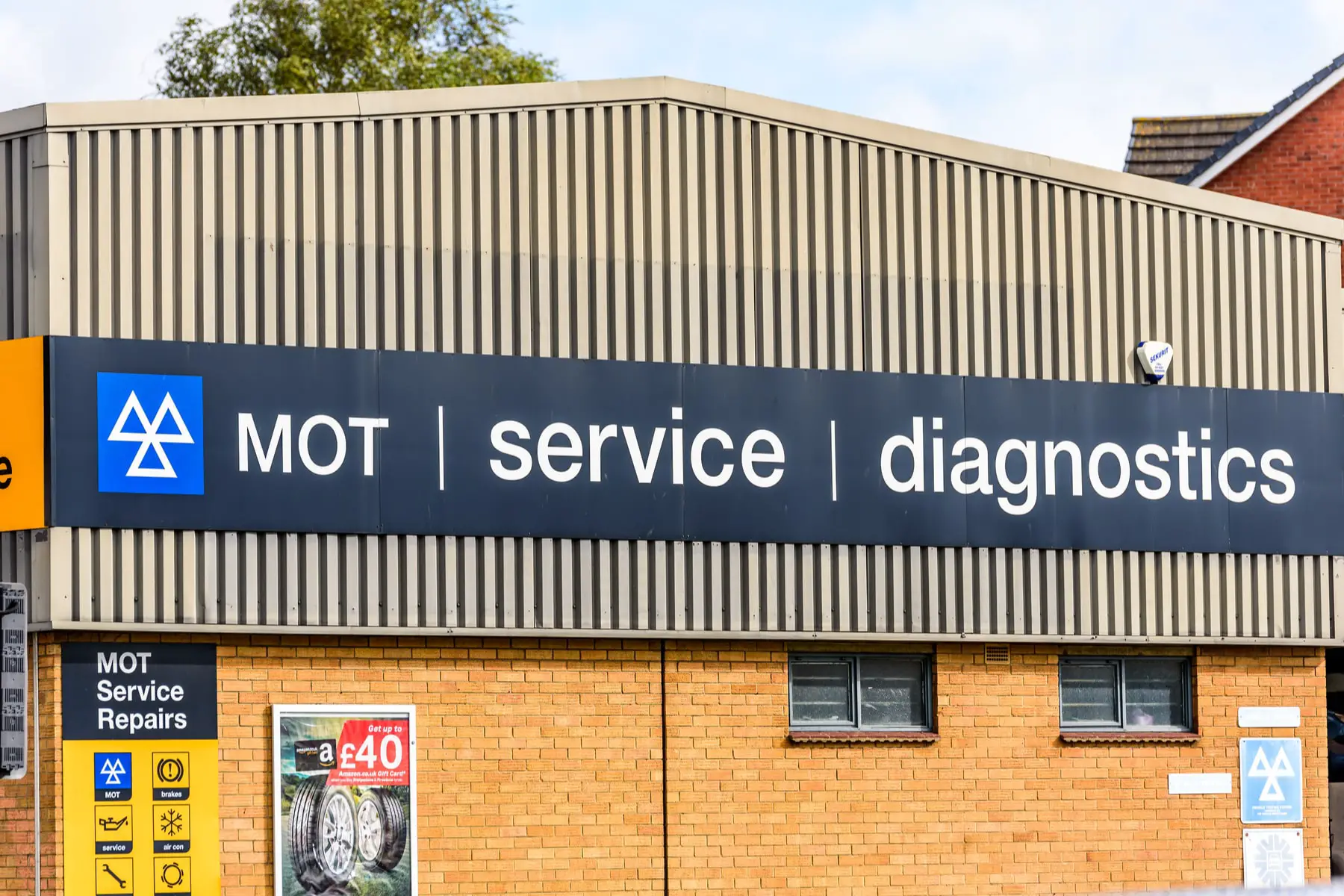
Furthermore, you can’t insure a vehicle unless it has a valid MOT certificate. The maximum charge is £54.85, but if the car fails the test, all advised repairs must be carried out before the car can be legally driven.
Fuel costs in the UK
Petrol and diesel prices are subject to variations in global supply. The Royal Automobile Club (RAC) price tracker shows that diesel usually costs a few pence per liter more than petrol. Both fuel types have also risen in price by up to 50 pence per liter since 2016. In January 2022, the average price at the UK pump was 145.6 pence per liter for petrol and 149.03 pence for diesel.
Running costs are typically considerably lower for electric cars, particularly as the number of charging points continues to increase. It costs around 4.91 pence per mile to run an electric vehicle or around £5 per 100 miles. In contrast, a petrol car costs on average £12 per 100 miles.
Importing a car into the UK
Unless your car is a much-loved classic that you can’t live without, it is probably simpler to buy or lease a car in the UK. All the same, it is possible to import a cherished car from your home country, and the government provides clear guidance to help you through the process.
You can either pay a specialist importer to complete all the legal steps, or you can do it yourself. Notably, if you decide to bring a car into the UK yourself, you have to inform Her Majesty’s Revenue and Customs (HMRC) within 14 days of the vehicle entering the country. And you can’t register the car until you have done this.
Tax and requirements for importing a car
You will need to get vehicle approval to show that it meets the UK’s environmental and safety regulations. This should be straightforward if the vehicle was registered in the European Union (EU). A European Certificate of Conformity from the manufacturer will show that you have approval for an EU-registered vehicle. You also need a Certificate of Mutual Recognition if it’s a left-hand drive vehicle.

Additionally, you may be required to pay Value Added Tax (VAT) or import duty depending on your status. People moving to the UK to live, who bring their car with them, are normally exempt from duty charges. However, it is wise to check first by contacting the HMRC car team.
If you are moving to the UK from the EU and have owned your vehicle for more than six months, whilst living outside the UK for more than 12 months, you can bring it with you tax-free using the HMRC Transfer of Residency (ToR) scheme. However, if you have bought a vehicle in the EU and import it to the UK, you will have to pay 20% import VAT if it is under 30 years old and 5% if it is over 30. This is calculated on your purchase invoice and any transport costs to the UK.
If the car is from elsewhere, you will require Individual Vehicle Approval and will have to meet the regulations for driving in the UK. Once all the approvals are granted and any duty is paid, you can tax and register the car.
Selling a car in the UK
There are many ways to sell a car in the UK. You can either sell it privately through a website or classified ad, take it to a car auction, contact a company that specializes in buying used cars, or trade it in at a dealership against a different model or new car. However, in all cases, you will need to follow the government regulations. You must provide the buyer with the correct information and you must advise the DVLA of the name and address of the buyer.
If you decide to advertise your car online, or in a specialist publication or newspaper, the rates will vary. You can expect to pay an entry fee of £100 to £150 to sell your car at an auction. Commission fees are extra and you will also have to pay 5% VAT on the price it makes. Alternatively, you can approach a company that takes all the legwork out of the process and provides an instant online valuation of your car via its registration number. Examples of such companies include:
Necessary equipment for your car in the UK
The UK differs from many jurisdictions as it does not require first aid kits or warning triangles to be carried. All that is required is that cars are roadworthy, taxed, registered, and insured. Notably, tax discs were abolished in 2014 when the DVLA moved all of its systems online.
The AA provides a useful guide for drivers who are unfamiliar with UK laws and common practices. It reminds motorists that if seat belts are fitted (but classic cars may be exempt), then they must be worn. Children under 11 must also be secured in an appropriate child seat.

Moreover, it is recommended, but not compulsory, that you carry:
- a warning triangle
- first-aid kit
- fire extinguisher
- a reflective jacket to wear in the event of a breakdown
Useful resources
- GOV.UK – the official UK government website which provides guides on the legal requirements to buying, selling, registering, and driving cars
- AA – the official AA website that provides guidance on insurance, roadside assistance, car care, and safe driving
- Driver and Vehicle Licensing Agency (DVLA) – the government agency that oversees driving and vehicles in Great Britain
